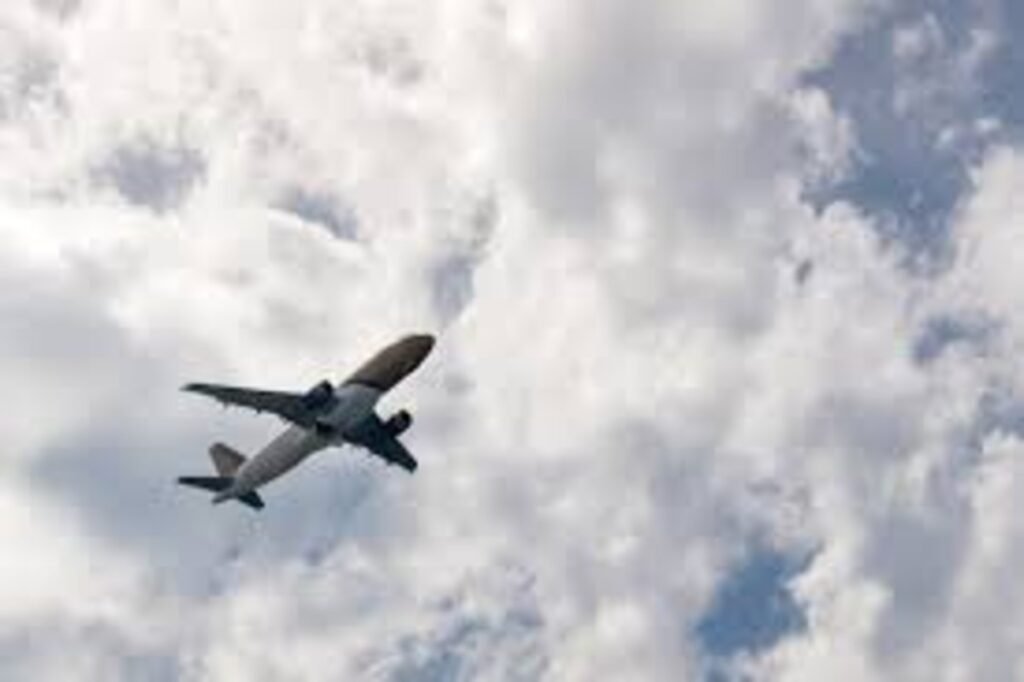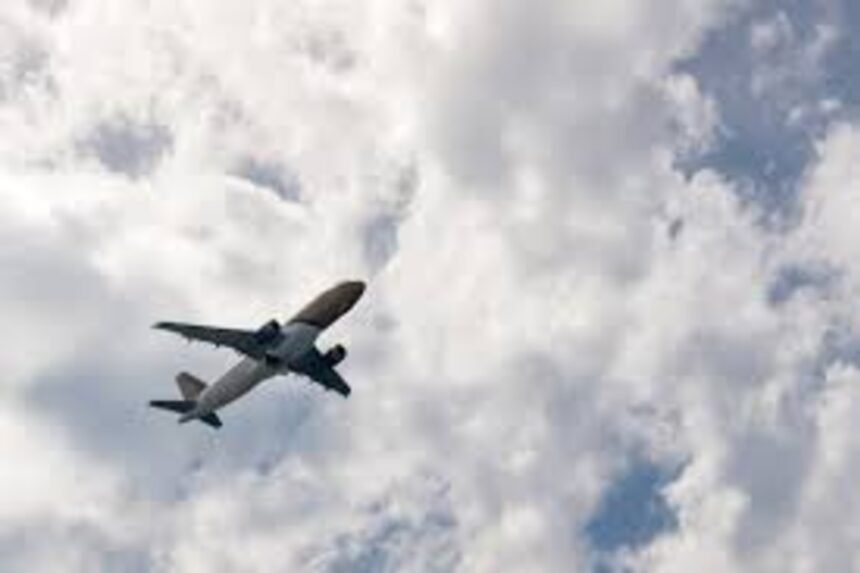September 3, 2023
Introduction
In a significant blow to the already beleaguered Indian aviation industry, Go First and Jet Airways, two prominent airlines that have been grappling with financial woes, have lost their airline codes, ‘G8’ and ‘9W,’ respectively, as assigned by the International Air Transport Association (IATA). This development comes as a result of their non-operational status, according to a report published by the Financial Express.

The head of communications at IATA emphasized that an airline must remain operational to maintain eligibility for an IATA two-letter designator. Go First, in particular, ceased operating commercial flights in early May of this year, leading to the withdrawal of their IATA code. This move has far-reaching implications for travelers and the aviation industry at large.
The withdrawal of these airline codes can potentially disrupt various essential services within the aviation sector. Airlines rely heavily on these designator codes for a multitude of purposes, including timetables, reservations, ticketing, cargo documentation, schedules, and telecommunications. Consequently, the loss of these codes can affect ticket and reservation services, as well as baggage handling operations, causing significant inconveniences for passengers.
The situation with Go First has been further complicated by its suspension of operations after May 3, prompting the National Company Law Tribunal (NCLT) to seek the consent of the Insolvency and Bankruptcy Board of India (IBBI) and the Committee of Creditors (CoC) regarding the airline’s plan to refund money to passengers who had booked flights after the suspension.
GO First’s proposed refund plan
Go First’s management, led by the Resolution Professional (RP), has proposed a refund plan that includes a combination of payment through credit notes issued to both travel agents and passengers, as well as payments derived from revenue earned through operational activities. This plan seeks to address the financial obligations of the airline towards its passengers, who have been left in limbo due to the abrupt suspension of services.
Meanwhile, the saga surrounding Jet Airways, which has been grounded since April 2019 due to severe financial difficulties, continues. The National Company Appellate Tribunal (NCLAT) has granted the Jalan-Kalrock consortium, the successful bidder for Jet Airways, an extension until September 30 to clear dues amounting to ₹350 crore owed to lenders of the beleaguered airline. Additionally, the consortium’s plea to use ₹150 crore from a performance bank guarantee towards the payment of these dues has been accepted.
The NCLAT will address further aspects of the case after September 30, including the claims of workmen seeking to recover around ₹224 crore in unpaid dues. The consortium, comprised of UAE-based non-resident Indian Murari Lal Jalan and Florian Fritsch, has been navigating a complex ownership transfer process marked by ongoing disagreements between lenders and the consortium members.
Conclusion
Despite the approval of the resolution plan for Jet Airways by the NCLT in June 2021, the path to the airline’s revival remains fraught with challenges, illustrating the tumultuous nature of India’s aviation industry and the struggles faced by airlines in financial distress. The fate of both Go First and Jet Airways hangs in the balance as they grapple with financial turbulence in a highly competitive and evolving market.




